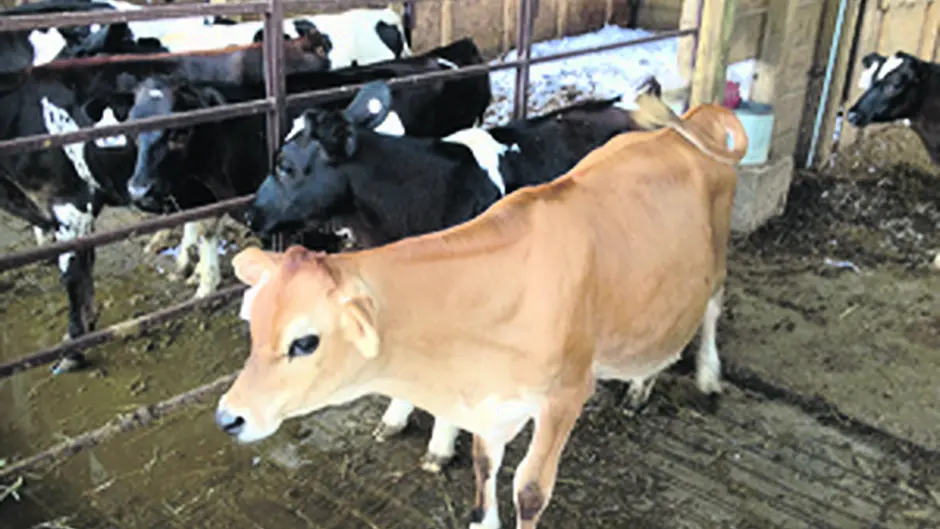MIRE McCarthy of Innishannon, a Nuffield Scholarship winner, has been travelling around the world investigating farming practices and meeting government agriculture officials across the globe.
MÁIRE McCarthy of Innishannon, a Nuffield Scholarship winner, has been travelling around the world investigating farming practices and meeting government agriculture officials across the globe. This week’s report comes from Israel.
Having stayed in Japan for two weeks, we next flew to Israel. We arrived into Tel Aviv to serious heat: 38 degrees and very very hot!
We got a guided tour of Tel Aviv old town with our Jewish Israeli guide. She talked to us at length about the various factions and ongoing issues that there are in Israel, Syria, etc. There are no winners here.
We stayed in Tel Aviv and our first farm visit was to a cherry tree farm; 6,000 cherry trees, and the farmer also had peach trees and grapes. There, we picked punnet of cherries and could hear bombs going off in Syria – we were only 10km from the border. We visited the Golan heights and met some United Nations soldiers who were on duty at the border.
We visited the largest agricultural university and got a great oversight of agriculture in Israel. We saw some live studies being undertaken, including a study of cows and their feeding habits, i.e. establishing if the cow who ate once and then laid down yielded more milk than the cow who ate little and often. The study concluded that the cow who ate a lot once and laid down was the higher-yielding cow.
We visited a dairy equipment and technology manufacturing facility, Affimilk. They showed us various new developments they are working on. They told us that Israeli cows yield 12,000 litres per annum and are the best cows in the world!
Affimilk export to 50 countries worldwide and has recently exported and built a 150 cow rotary facility in Georgia, USA.
During our stay in Israel we stayed in a kibbutz where 350 cows were being milked three times a day. They were being showered regularly – three to five times every day – to keep their temperatures down and yields up.
The cows are housed 24/7 and the roof opens hydraulically to allow sun to dry out the moisture from their composted bedding. The cows looked very well and seemed very content.
The life expectancy of cows is five to six years with average lactation being 3.5 years. The biggest issue facing these farmers is the fertility rate – a 40% empty rate each year.
While in Israel we visited and swam in Sea of Galilee, Dead Sea and River Jordan. All were truly amazing, especially the Dead Sea where you, literally, floated on the top because of the volume of salt in the water!
The Israeli farmers have to work in very arid desert-like conditions, so to combat this, they have developed the best irrigation systems in the world. We visited a factory which manufactures these irrigation and fertigation systems - number one in the world for innovation in this area.
We also visited a dairy farm where 160 cows are being milked by two Alfa laval robots. Again, a very interesting farm, cows fully housed and being showered two or three times a day.
They also had a facility to have schoolchildren visit to view how cows are housed, milked and how the milk is then turned into cheese. The farmer’s wife actually dem
onstrates how they make cheese and gives children samples of the product and glasses of lovely cold milk! A very interesting experience for the children and a nice supplementary income for the farm.
Israel is an amazing country with a lot of challenges. We visited Jerusalem during a very important Jewish religious festival. There were 250,000 pilgrims in the city that day visiting the various religious sites. There were Jews, Christians, Muslims all making pilgrimage to the holy city; what a diversity of culture and religion!
We enjoyed our week-long stay in Israel, the food, the culture, the people and the farms were truly amazing and I would very highly recommend a visit to this diverse country.
<








